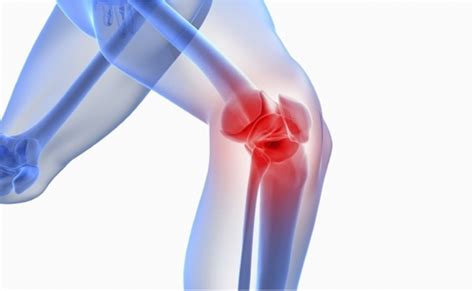The world of spine surgery and research has seen significant advancements and breakthroughs over the years. With various institutions, researchers, and experts contributing, the spine research community has brought forth insights and innovations crucial to the medical world.

One of the standout institutions in this field is the Spine Research Institute. Established in 1982, its faculty, staff, and students have been pioneering research, publishing over 250 peer-reviewed journal articles. These publications have gathered over 18,000 citations, showcasing the impact and importance of their work.
Several notable research articles from 2017 include:
“The medicolegal landscape of spine surgery: how do surgeons fare?”
“A randomized crossover study of the effects of lidocaine on motor- and sensory-evoked potentials during spinal surgery.”
“Bone morphogenetic protein use in spine surgery in the United States: how have we responded to the warnings?”
From understanding spinal stability in astronauts returning from the International Space Station to exploring non-surgical approaches to chronic low back pain, the research spectrum is vast and comprehensive.
Experts like Dr. Molinari have greatly contributed to the field. With authorship of 8 book chapters and over 80 scientific articles in peer-reviewed spine journals, he plays a pivotal role in the community. He also serves as a medical reviewer for prestigious journals, including the Global Spine Journal and The Spine Journal.
Dr. Grauer is another luminary in the field. He is affiliated with boards of the North American Spine Society (NASS) and Lumbar Spine Research Society (LSRS) and serves as the editor-in-chief of the North American Spine Society Journal (NASSJ). Additionally, he is actively involved in faculty affairs at the Yale School of Medicine.
Guidelines, like the North American Spine Society’s Evidence-Based Clinical Guideline for the Diagnosis and Treatment of Degenerative Lumbar Spondylolisthesis, have been instrumental in providing an evidence-based approach to spine care.
In conclusion, the progress in spine research over the years has been monumental, thanks to the dedication and expertise of numerous professionals and institutions. The future holds promise for even more groundbreaking discoveries and solutions for patients worldwide.


